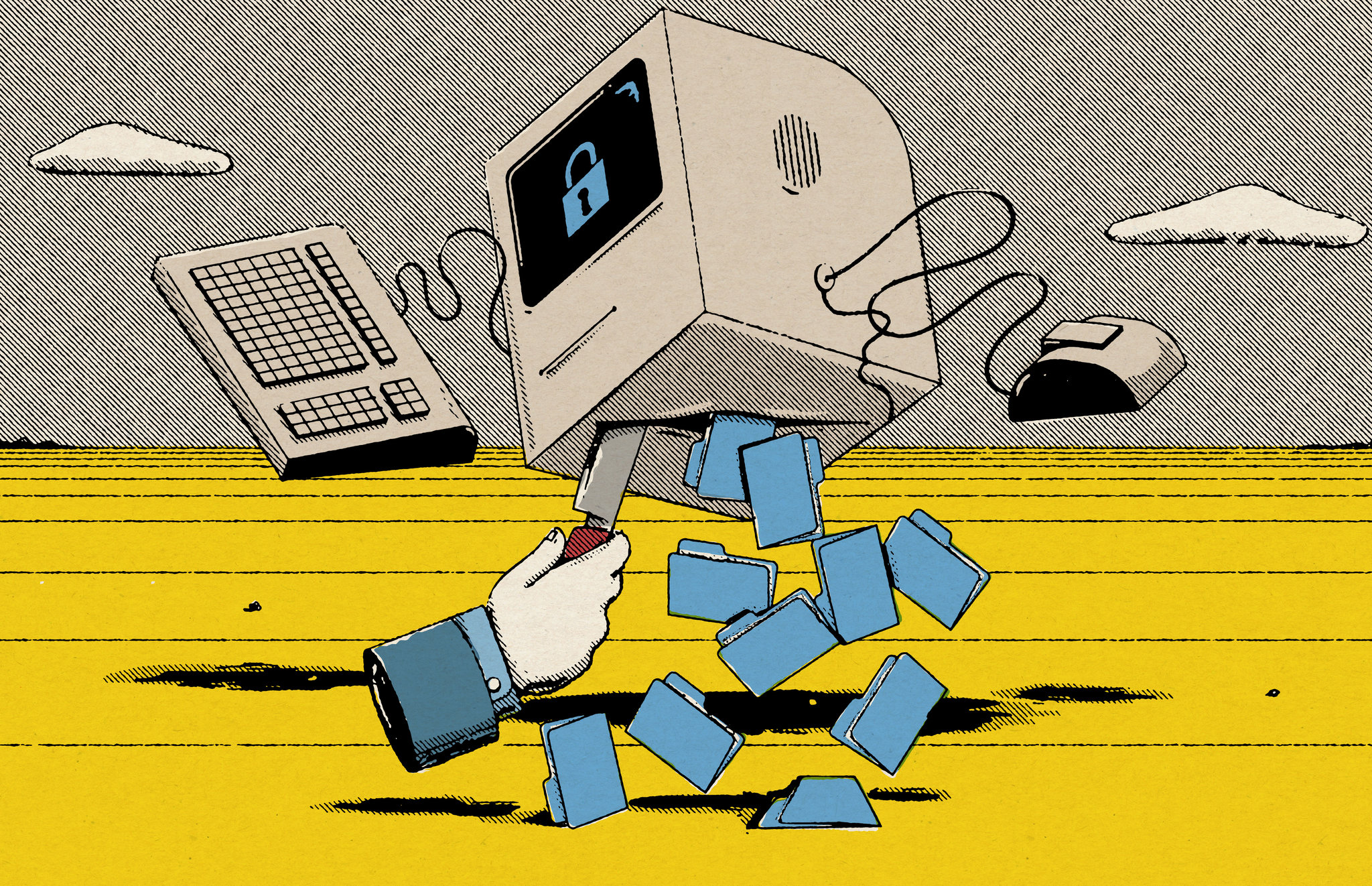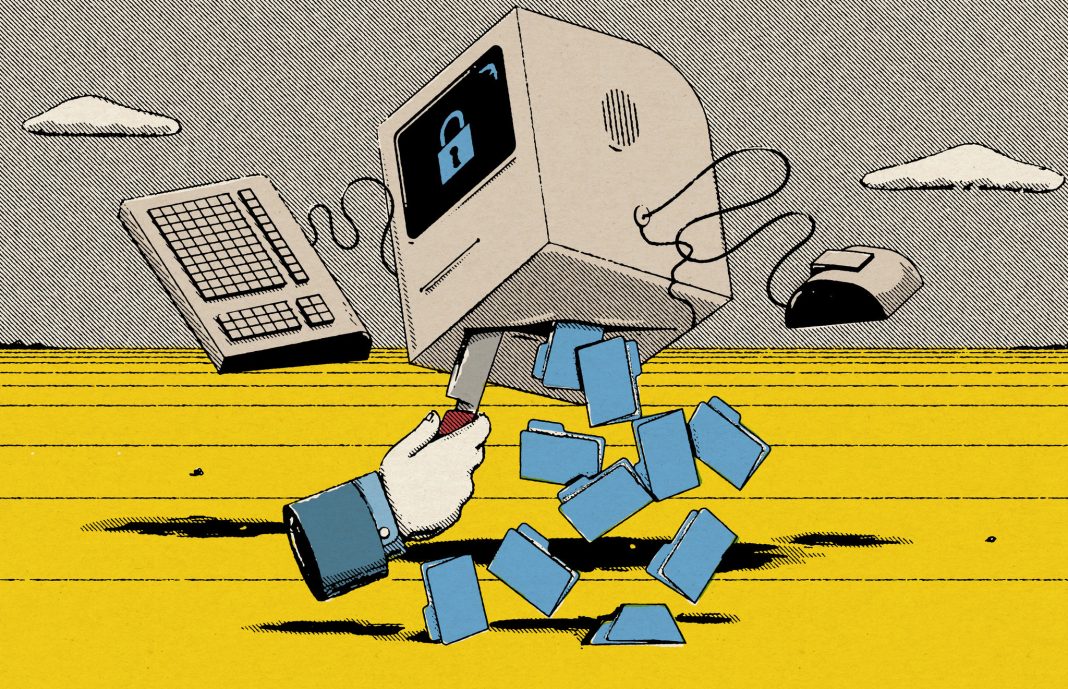 The U.S. House of Representatives recently passed a bill called the “CBDC Anti-Surveillance State Act,” which prevents the government from issuing a Central Bank Digital Currency (CBDC). This move comes in response to concerns that a CBDC could enable surveillance similar to that employed by the Chinese Communist Party (CCP). The bill, introduced by Rep. Tom Emmer, prohibits the U.S. Federal Reserve Bank from offering products or services directly to individuals, maintaining individual accounts, or issuing a digital dollar directly or indirectly to individuals.
The U.S. House of Representatives recently passed a bill called the “CBDC Anti-Surveillance State Act,” which prevents the government from issuing a Central Bank Digital Currency (CBDC). This move comes in response to concerns that a CBDC could enable surveillance similar to that employed by the Chinese Communist Party (CCP). The bill, introduced by Rep. Tom Emmer, prohibits the U.S. Federal Reserve Bank from offering products or services directly to individuals, maintaining individual accounts, or issuing a digital dollar directly or indirectly to individuals.
A CBDC is a digital version of a currency that is designed, issued, and controlled by a government. Unlike decentralized cryptocurrencies like bitcoin, a CBDC is subject to central control and programmable by the entity controlling it. This lack of privacy protections makes it possible for the federal government to surveil the transactions of American citizens and potentially suppress political activity that is deemed problematic.
The Biden administration has shown interest in the development of a CBDC, with an executive order issued in 2022 backing research and development in this area. However, reports have indicated that the administration is interested in a “surveillance-style CBDC.” This has raised concerns among lawmakers like Rep. Emmer, who points to examples in China where the CCP uses a CBDC to monitor and control citizens’ spending habits.
To prevent such incidents from happening in the United States, the bill passed by the House blocks the Federal Reserve from issuing a CBDC. It also ensures that the Fed does not become a retail bank that gathers personal financial information. Any digital U.S. dollar can only be created with explicit authorization from Congress. Rep. Emmer emphasizes that any digital currency issued by the government must prioritize open, permissionless, and private transactions, unlike the Chinese digital yuan.
Lawmakers like Rep. Mike Flood highlight the dangers of a CBDC in the hands of politicians. The power to monitor, restrict, or halt financial transactions of political opponents is a horrifying thought that goes against the principles of a free society. This sentiment is shared by Marshall Hayner, CEO of Metallicus, who suggests that banks and credit unions should create their own private ledgers using blockchain technology to tokenize USD instead of relying on a CBDC.
Internationally, there have been discussions about instituting CBDCs on a global scale. The International Monetary Fund (IMF) has expressed the need for systems that connect countries and allow for interoperability between CBDCs issued by different governments. However, there are concerns that CBDCs could pose a threat to the traditional banking system. A report by the Bank of Canada warns that CBDCs could compete directly with bank deposits, negatively affecting bank profitability and undermining financial stability.
Former President Donald Trump has also voiced opposition to the creation of a central bank digital currency, stating that it would give the federal government absolute control over people’s money. This sentiment aligns with concerns about the potential for CBDCs to enable government surveillance and control.
In conclusion, the passage of the “CBDC Anti-Surveillance State Act” by the U.S. House of Representatives reflects concerns about the implications of a Central Bank Digital Currency. Lawmakers and experts warn against the surveillance and control that a CBDC could enable, drawing parallels to the Chinese model. The bill aims to protect privacy and prevent the government from becoming a retail bank that gathers personal financial information. However, there are ongoing discussions about CBDCs on a global scale, raising concerns about their impact on the traditional banking system and financial stability.


